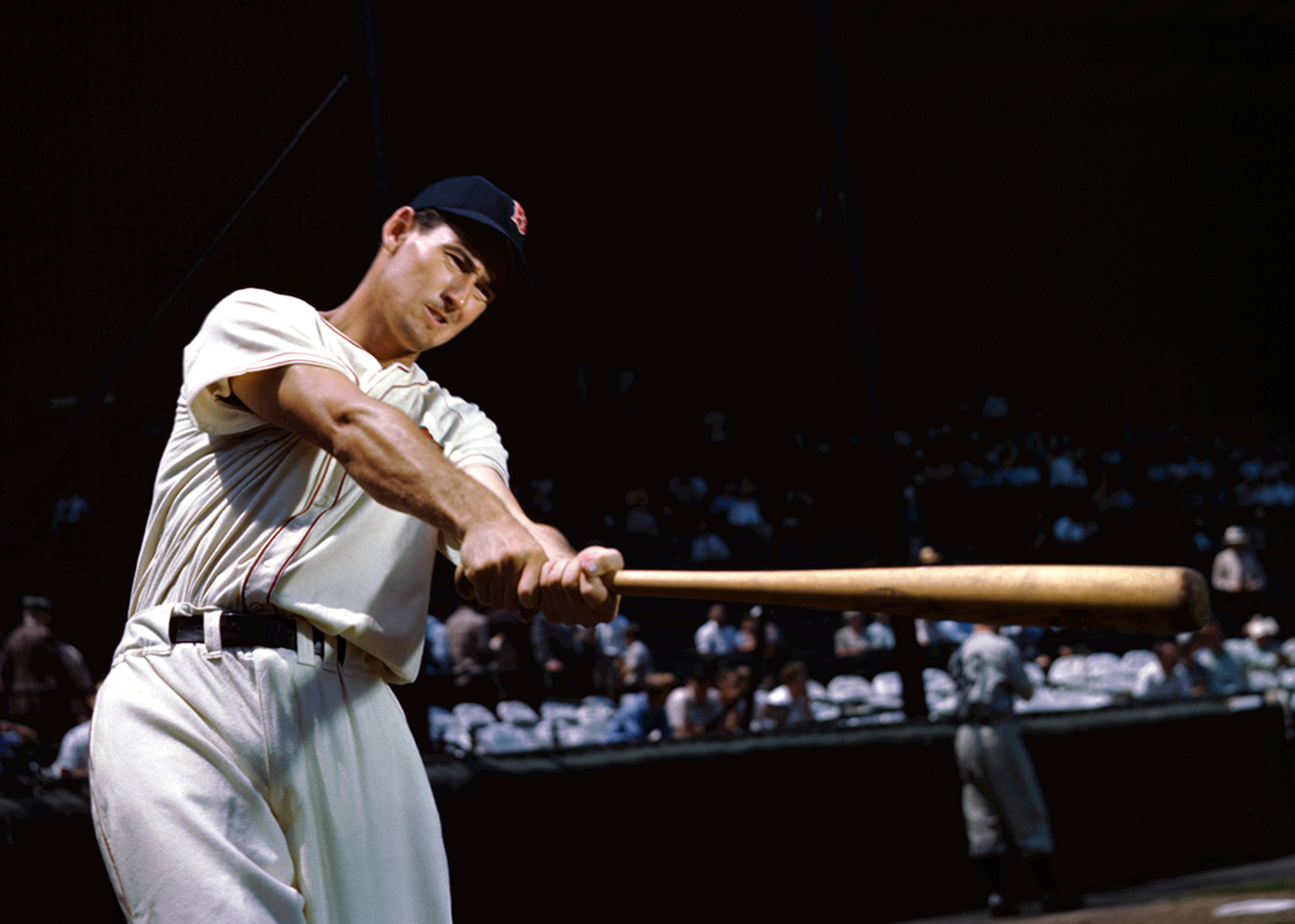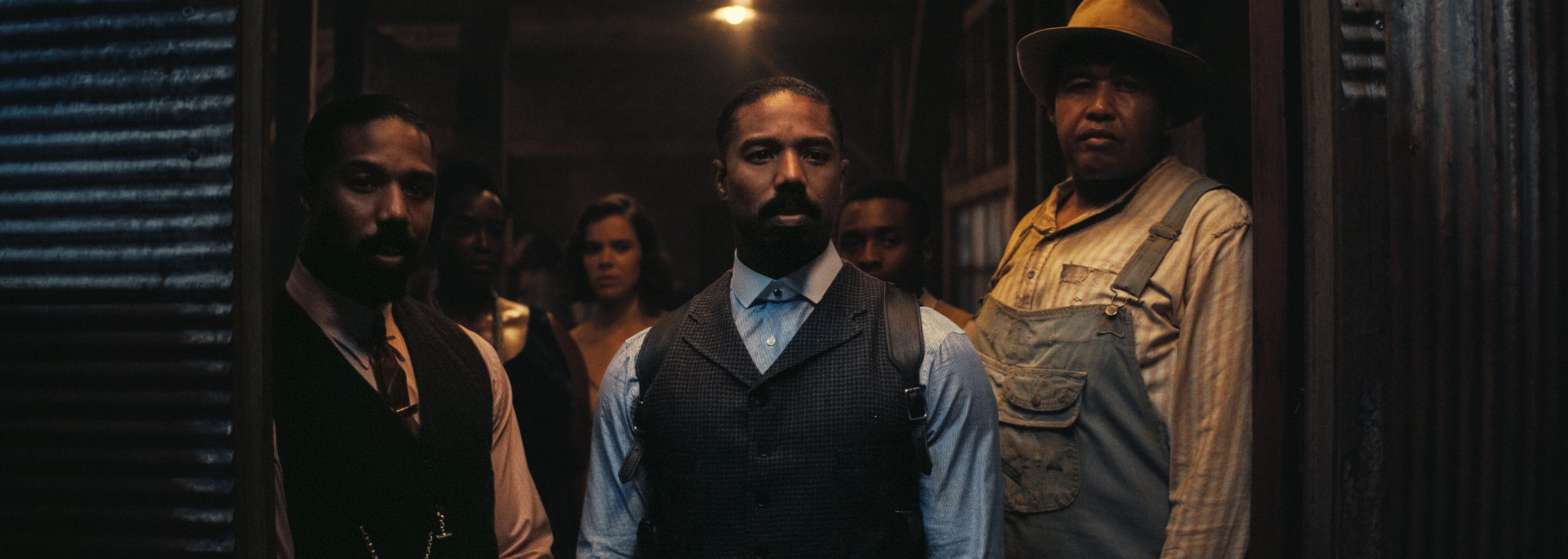
In the newest American Masters, one of the greatest ballplayers to ever play the game gets profiled in Ted Williams: “The Greatest Hitter Who Ever Lived.”
Ted Williams’ final stats from his playing days should carry an asterisk. Not because of performance-enhancing drugs but because of the five years lost to military service. Williams first served time in the U.S. Marines and lost out on three seasons. Despite leaving, he would join the Reserves. When Korea came calling, Williams actually fought to stay. In spite of his best efforts, Williams wound up missing portions of the 1952-53 seasons. It’s because of the lost time that one can only wonder what his final numbers would have been. He was in the prime of his career when he enlisted in World War 2. Williams could have easily reached 3,000 hits and maybe north of 600 home runs.
“He was obsessed with hitting,” comments Hall of Famer Wade Boggs. Boggs’ career was forever changed when he read The Science of Hitting during his senior year.
When Williams retired at the end of the 1960 season, he went out with a home run. It would have been the perfect time for The Kid to tip his cap but stubbornly, he refused. It was his Hall of Fame induction speech that would pave way for induction of former Negro League ballplayers. Williams would finally tip his cap to the fans in Boston upon being honored in 1991 on Ted Williams Day.
Claudia Williams would always ask her dad about his childhood, especially wanting to know more about his parents. This was where the Splendid Splinter was reluctant to open up. His mother was a Mexican-American while his father would be gone for periods at a time. Because of this, as baseball historian John Thorn notes, Williams would make a friend with the North Street Playground. This is what would help pave the way for him to become the greatest hitter. It’s sad to note, however, that neither parent ever saw him play in the majors in person.
Williams was originally reluctant to attend the 1999 All-Star Game in Boston. Ultimately, he made the decision to attend. This gave way to one of the most emotional moments in baseball history. Nearly 20 years following his entrance to Fenway Park on a summer evening, I still get chills watching the events unfold.
It wouldn’t be a true documentary without discussing the discussion to freeze his body. His daughter, Claudia, opens up on why they decided to do this. A lot of it has to do with that small chance that they could see him again.
The running time of nearly an hour doesn’t even seem like a fair amount of time to discuss Williams, arguably the greatest hitter of all time. There are a number of current and former broadcasters who share their thoughts, notably Hall of Fame broadcasters Bob Costas and Dick Enberg, who are joined by HOF writer Roger Angell. A few of Williams’ biographers, Ben Bradlee, Jr. and Leigh Montville talk about The Kid. The interviews are interspersed with archival footage of Williams himself.
Because of his hitting obsession, Ted Williams is arguably the greatest hitter that ever played the game. According to Boggs, there’s simply no argument about it.
FEATURING: Ted Williams (archival), Claudia Williams, Bob Costas, Roger Angell, Dick Enberg, Ben Bradlee, Jr., Wade Boggs, Willie McCovey, Jim Kaat, Joey Votto, Stu Apte, Emily DiMaggio, Jack Fisher, Dick Flavin, Leigh Montville, Peter Sutton, John Thorn, John Underwood, Frank Venzor





